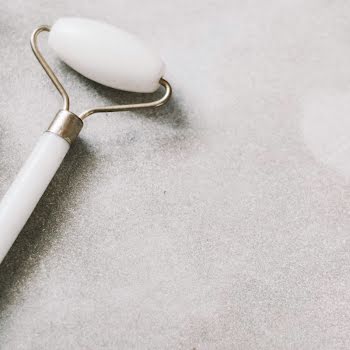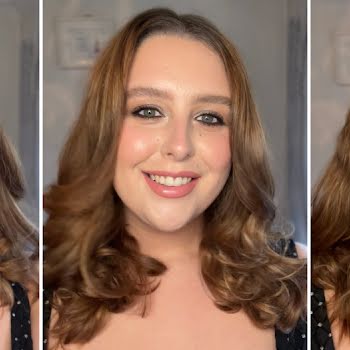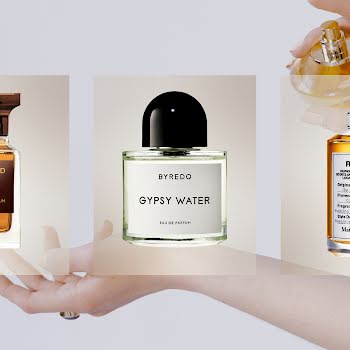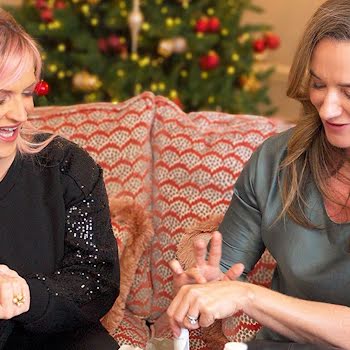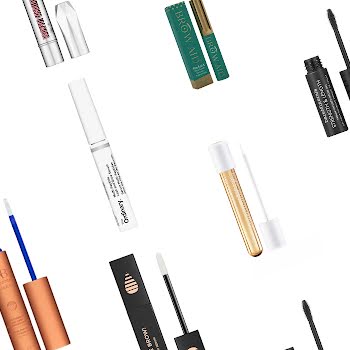By Hannah Hillyer
08th Dec 2018
08th Dec 2018
Pregnancy can be a minefield, everyone has an opinion on what you should and shouldn’t be doing and that’s before you even think about your skincare regime. With many of us using more active ingredients these days like acids and retinols, there are lots of questions over which are safe to continue using.
We reached out to the experts at Renew Clinic for some advice. With their clinic now open for over 10 years, and a team of highly trained nurses dedicated to making you look like you, but better, we knew we were in safe hands. Orla Healy gave her guidance on what ingredients should be avoided during pregnancy, and also if you are breastfeeding.
Should we be more careful with skincare ingredients during pregnancy?
There are actually very few studies evaluating the safety during pregnancy of the active ingredients in many skin care products. This makes it difficult for physicians to say with certainty that a specific ingredient is completely safe to use regularly throughout pregnancy.
Because pregnancy is a very important and very temporary state, doctors/dermatologists and skin specialists recommend avoidance. Even though there are no studies for many products used on pregnant women, it does not make sense to take any unnecessary risks. The FDA warns that “the safety of these products is unknown when used during pregnancy and while breast feeding”.
So which ingredients should be avoided?
- Retinoids such as Retin A, retinols, retinyl, tazorac, palmitate – while very little of the ingredients gets absorbed past the skin, studies have suggested a possible link to birth defects/foetal abnormalities in high doses.
- Tetracycline – acne antibiotic treatment can affect the development of babies teeth and bones.
- Hydroquinone (skin whitening agent)– approx. 34?45% is systematically absorbed into the body when applied topically it is best to avoid
- Salicylic acid – no go as it is derivatively related to aspirin, while products up to 2% are relatively low risk, most dermatologists suggest to avoid using it.
- Glycolic acid – It photosensitises the skin; it makes skin more sensitive to effects of UVA and UVB rays and can become damaged more easily, and pregnancy hormones are already causing sensitivity. Studies are mixed on the use during pregnancy but best to avoid until proven no adverse effects to baby.
- Avoid using products that include known irritants, like fragrances.
- NO Botox – can cause paralysis to babies. Fillers should too be avoided.
What can pregnant and breast feeding women use?
- It is best to use a gentle cleanser to wash and clean the face, followed by an antioxidant serum rich in vitamin C and a strong physical sunblock for protection and prevention.
- A night cream without any active ingredients can be used. There are many evening/night cremes which can still have anti-ageing and hydrating effects such as creams with peptides or cremes rich in antioxidants.
- With hormones acting up and skin changes occurring causing sensitivity, acne, dehydrated skin, and melasma all in a short time frame a good skin care routine is essential.
What products should you be introducing?
- A good vitamin C serum is safe and can ward off pregnancy hyper-pigmentation without using hydroquinone.
- Everyone needs UVA/UVB protection to protect and maintain healthy skin but due to melasma in pregnancy it is the most important product to your skincare regime.
- A light weight night repair cream can be used nightly as long as it has no retinoids in it.
Header image: lloyd-evans.com
















